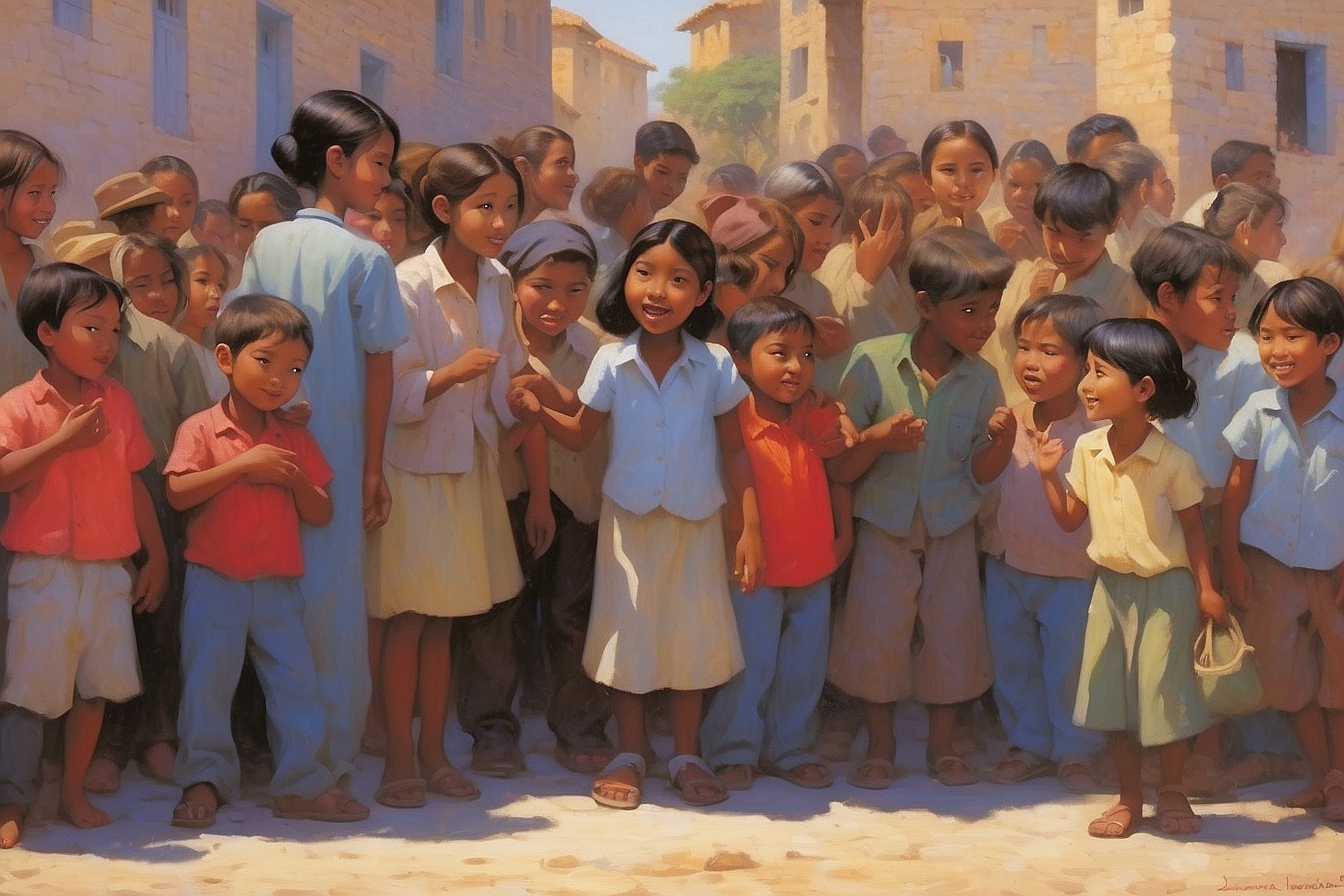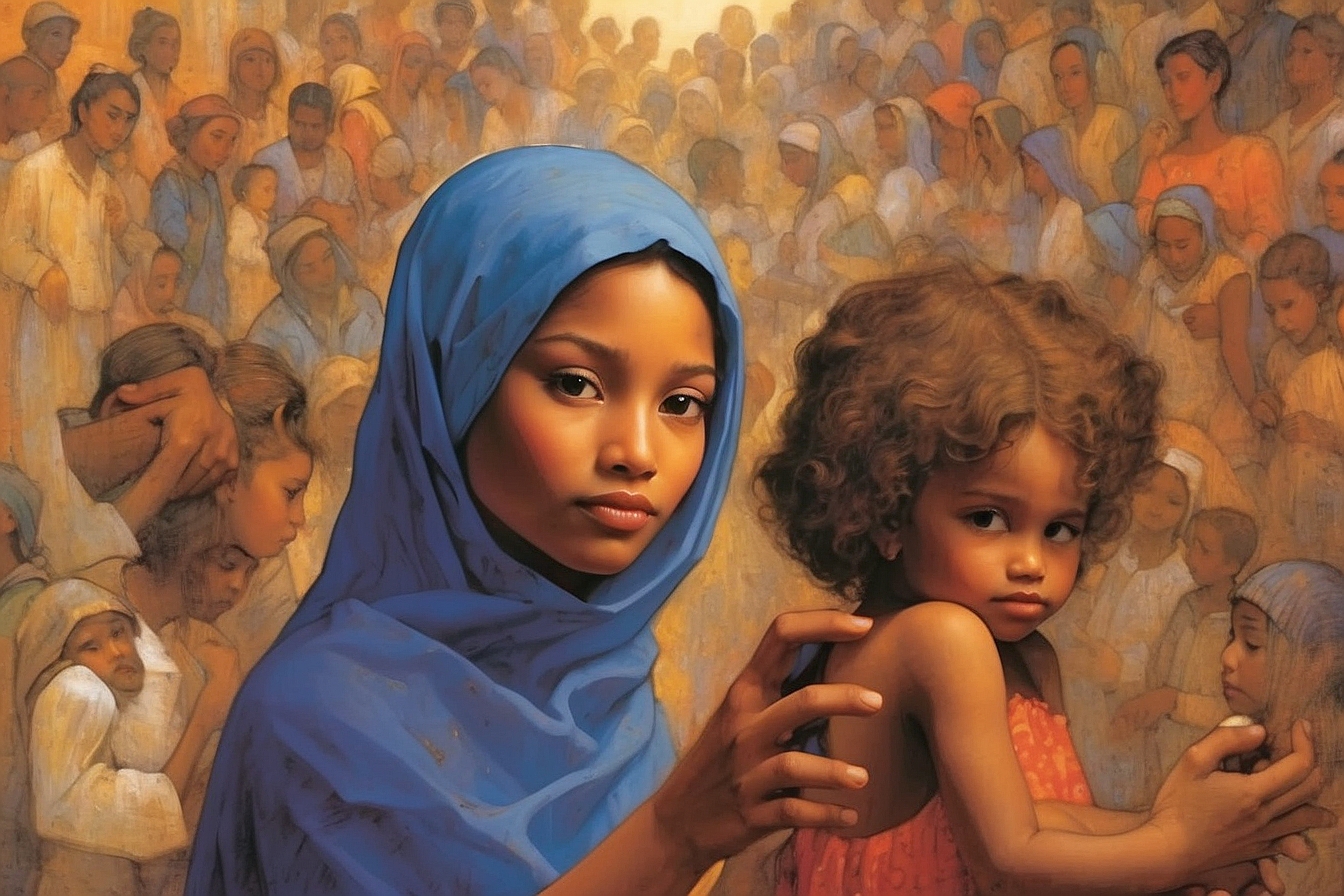Dynamics of inclusion/exclusion in US-Mexico relations
The objective of the present project is to study the different contexts and/or populations that are implicated in the dynamics of inclusion/exclusion in the US and Mexico, in particular in urban contexts and in borderlands.
To do so, we will rely on a range of theoretical perspectives that have addressed such dynamics of inclusion/exclusion. As such the project brings together a large interdisciplinary group of researchers who will tackle these dynamics from different theoretical vantage points, thereby focusing on the legal and historical underpinnings, human rights dimensions, economic causes, political concerns, mediatic issues, as well as specific marginalized groups.
To start, we will examine the historical roots of these dynamics of inclusion/exclusion in the region of the US-Mexico border, relying on the insights of borderlands/frontier studies, legal history and gender studies perspectives.
Human rights theory and legal sociology purport that the exclusion of groups of people from all rights has informed the foundation of human rights as a “right to have rights” (Arendt). Nevertheless, an “all-encompassing inclusion” presents paradoxes in a world organized in national states: to include all humanity as the subject of human rights limits political decision-making and actions, including the legal enforcement capabilities of national states.
Inclusion/exclusion dynamics in relation to urban space and migration focus on how immigrants might have the possibility to be co-participants in the creation of urban space just like national citizens, as a way to guarantee their rights to live in a healthy and safe environment. For this part of the analysis we will build on the "Production of Space" and the "Right to the City" as formulated by Henri Lefebvre. We will focus specially on the right to health of migrant populations.
Legal theory frames exclusion in relation to the concept of property rights as enshrined in the Napoleonic code (effectively ending the feudal system of property). This exclusion on the basis of a new vision of property (the private property) is strongly felt in urban contexts, thus exacerbating and intersecting with other inclusion/exclusion dynamics.
Indigenous people have suffered exclusionary dynamics for centuries. Against this background, we will analyze the consequences of political exclusion in the context of current democratic erosion in Mexico.
In the context of NAFTA and now USMCA, investor-state disputes also have the potential to exacerbate exclusionary dynamics. We, therefore, will analyze the political, legal and social impacts of investor-state disputes involving Mexico, in which tensions with environmental protection or human rights are present.
Finally, political communication studies will provide an important mediatic lens for showing the inter-connectivities of the distinct inclusion/exclusion dynamics briefly outlined above.

